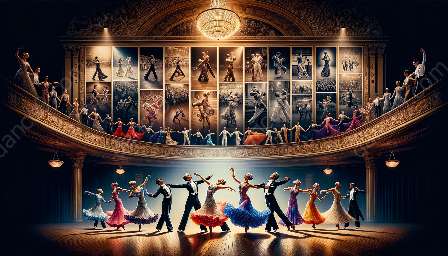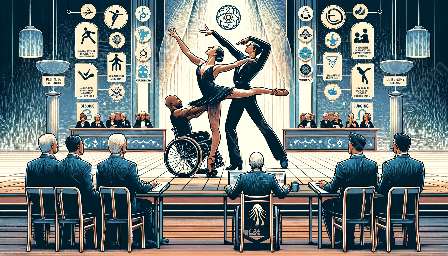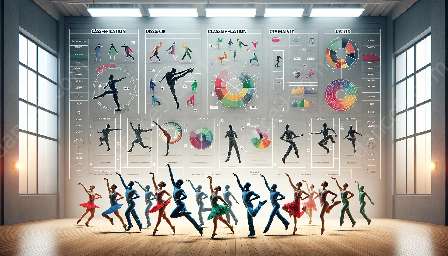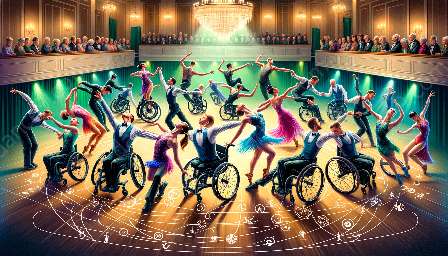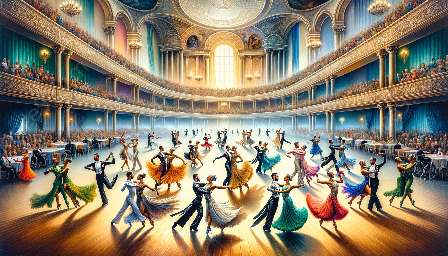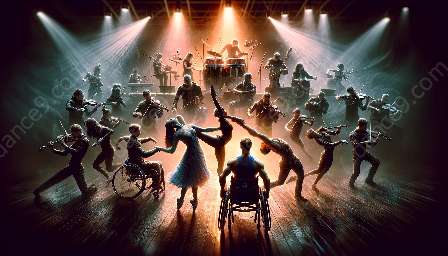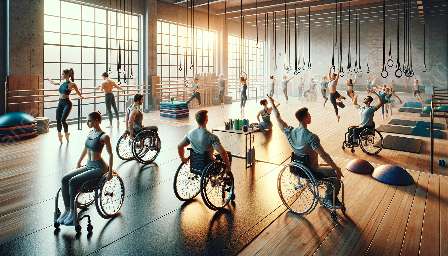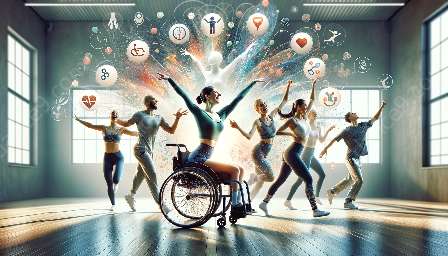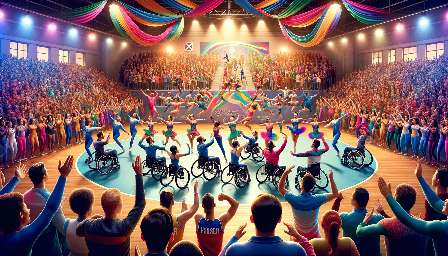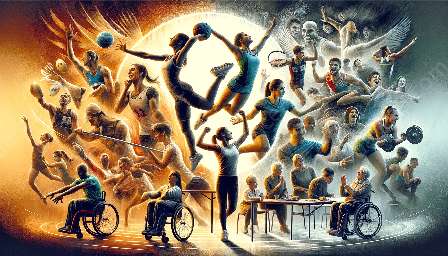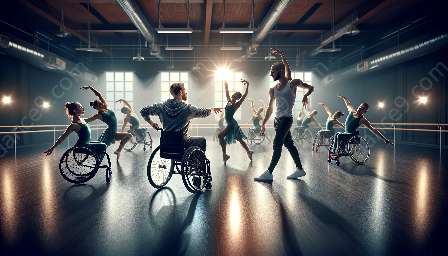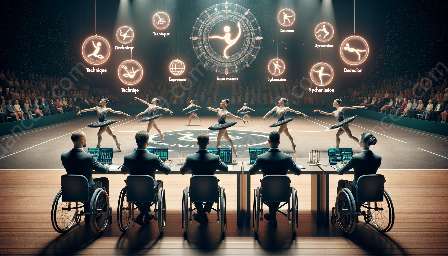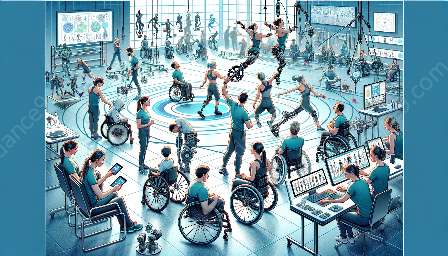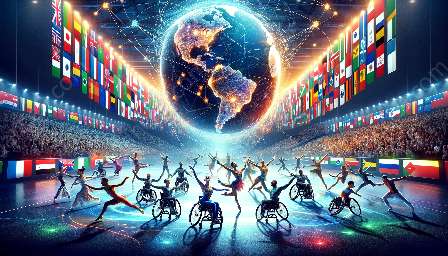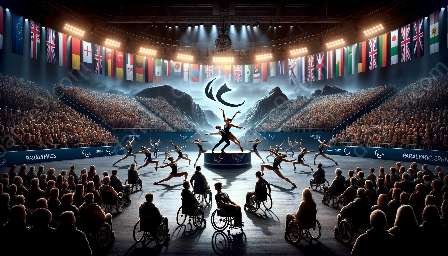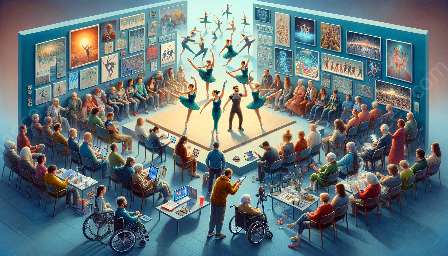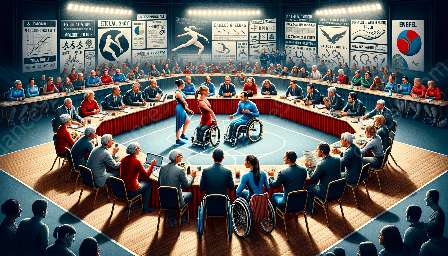Universities play a crucial role in promoting para dance sport as a means of fostering diversity and inclusion on a global scale. As the global expansion of para dance sport continues to grow, universities have the potential to significantly impact and support this movement.
The Relevance of Para Dance Sport
Para dance sport, also known as wheelchair dance sport, is a competitive sport that allows individuals with physical disabilities to express themselves creatively through dance. It provides a platform for athletes with impairments to showcase their talent, athleticism, and passion for dance. By participating in para dance sport, individuals can improve their physical fitness, mental well-being, and social connections, making it a powerful tool for enhancing the lives of people with disabilities.
Universities as Hubs for Inclusion
Universities have the potential to serve as hubs for promoting diversity and inclusion, making them ideal partners for the global expansion of para dance sport. By leveraging their resources, facilities, and expertise, universities can create opportunities for individuals with disabilities to engage in para dance sport at both a recreational and competitive level. Moreover, universities can foster an inclusive environment that encourages collaboration, mutual respect, and understanding of diverse abilities.
Research and Development Initiatives
Through research and development initiatives, universities can contribute to the advancement of adaptive technologies and training methodologies for para dance sport. By collaborating with experts in biomechanics, rehabilitation sciences, and sports medicine, universities can drive innovation in designing specialized equipment and programs tailored to the needs of para dance sport participants. This can lead to breakthroughs in enhancing accessibility and performance in para dance sport, further contributing to its global expansion.
Academic Programs and Curricula
Universities can integrate para dance sport into their academic programs and curricula, offering courses and certifications in adaptive sports, sports management, and inclusive dance education. By providing students with opportunities to learn about para dance sport and its impact on diversity and inclusion, universities can nurture future professionals who are equipped to support the growth of para dance sport globally. Additionally, universities can host workshops, seminars, and conferences on para dance sport to raise awareness and promote dialogue within the academic community.
Collaboration with Global Organizations
Universities can collaborate with global organizations, such as the International Paralympic Committee (IPC) and the International Wheelchair Dance Sport Committee (IWDC), to advocate for the recognition and development of para dance sport on an international scale. By engaging in partnerships and hosting international events, universities can contribute to the visibility and credibility of para dance sport, attracting participants and audiences from diverse cultural backgrounds.
Preparation for World Para Dance Sport Championships
Universities can play a pivotal role in preparing athletes for the World Para Dance Sport Championships by providing training facilities, coaching expertise, and academic support. By nurturing talent and promoting excellence in para dance sport, universities can contribute to the success of their national and international teams, elevating the standard of competition at the World Championships.
Engagement with the Community
Universities can engage with their local communities to promote para dance sport as a means of fostering diversity and inclusion. This can involve organizing para dance sport demonstrations, hosting inclusive dance workshops, and collaborating with disability organizations to create outreach programs. By actively involving the community, universities can raise awareness and appreciation for para dance sport, creating a positive impact beyond their campus borders.
Conclusion
Universities have the potential to be powerful advocates for the global expansion of para dance sport, contributing to its recognition, inclusivity, and impact on a global scale. Through collaboration, research, education, and community engagement, universities can play a vital role in promoting para dance sport as a catalyst for diversity and inclusion, empowering individuals with disabilities to express themselves and excel in the world of dance.

